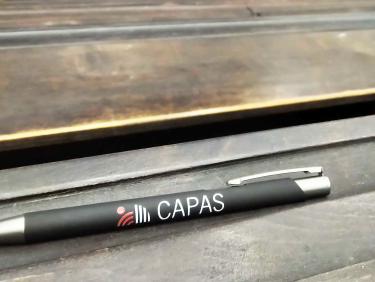Research
How do we conceptualise the end of the world? What of the many worlds that have already ended? As anthropogenic climate change, increasingly polarized politics, and the COVID-19 pandemic anticipate the end of worlds, the idea of the apocalypse is gaining traction in popular and scholarly discourses. Apocalyptic imaginaries saturate artistic practices, media-narratives, political debates, socio-economic discourses and speculative imaginations.
Simultaneously, apocalypses and their imagined aftermaths produce emancipatory and creative potentials that engage the possibility of plural worlds, embodied futurities, and non-linear temporalities.

Research Focus
The first funding period of CAPAS explores ideas of apocalyptic and post-apocalyptic worlds resulting from global transcultural and transversal processes. It will establish a theoretically sharpened terminology, and gather a culturally, disciplinarily differentiated, yet transdisciplinary imaginary of the (post-)apocalyptic. Special attention will be devoted to the main regional research foci at Heidelberg University: South/East Asia and the Americas.
Due to current events, the first groups of fellows will analyse the apocalyptic imaginary that frames the COVID-19 pandemic as well as other imaginaries with a special focus on in Asia, Europe and Latin America, and will take into account the respective “post-apocalyptic” vision or course of action.
Following fellow groups will continue to address apocalyptic and post-apocalyptic imaginaries with a special focus on Europe and (Latin) America and on Europe and Asia respectively.
The last group of fellows of the first funding period focuses on the synthesis of previous research: It analyses (post-)apocalyptic imaginaries in a comparative perspective. The aim is to distinguish them from other scenarios of radical transformation such as change, crises, or catastrophes.
Links
Associated research projects
The Käte Hamburger Center for Apocalyptic and Post-Apocalyptic Studies also functions as a platform and connecting point for associated research projects and collaborations related to the scientific and practice-oriented work of the center. These can be additional third-party funded projects of CAPAS members or further projects in cooperation with other institutions and researchers, including current or former Fellows.





